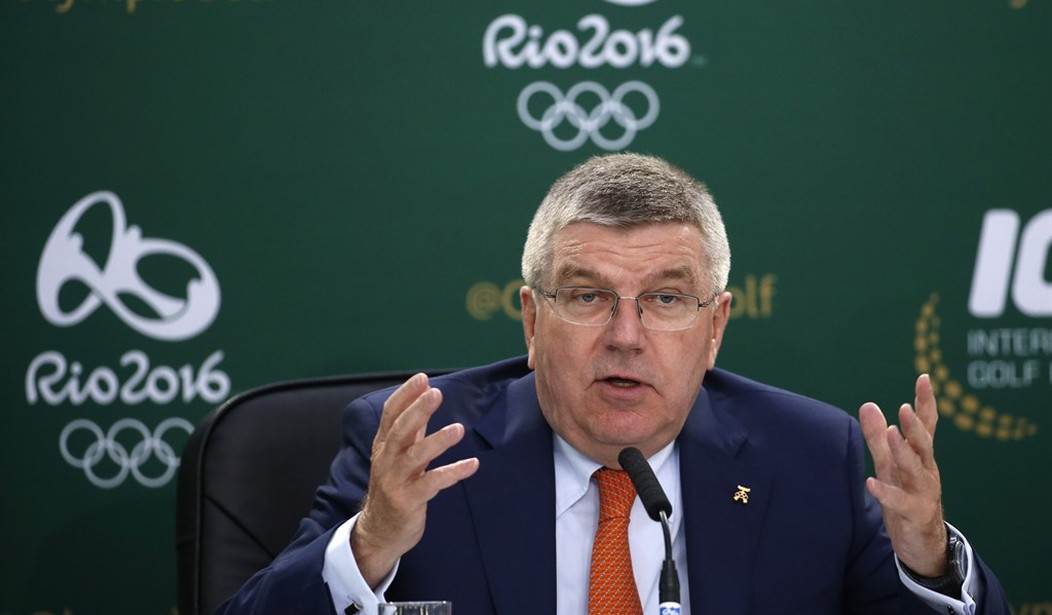In 245 days, two hours and about 30 minutes, the 2016 Summer Olympics in Rio De Janeiro will kick off the opening ceremonies on August 5, 2016. (Full disclosure: I am an Olympics fanatic.) However, unless things change pretty drastically in a decently short time period, the games of this Olympiad could be headed toward disaster.
Let's go over some of the problems facing the games:
1. The water is really polluted
It's been known for a while that the water around Rio leaves much to be desired, and the organizers promised during the bidding process to clean thing up in time for the games. Spoiler alert, they haven't. The water is even making athletes sick.
New tests carried out by the Associated Press have found that the waters around Rio de Janeiro are heavily and dangerously contaminated, even 1Km out to sea. The new tests bring further doubt on Rio's ability to safely hold the Olympics in 2016.
The tests are the second series carried out by AP, who found in July that the waters haddisease-causing virus levels 1.7 million times higher than what would cause extreme alarm in the US or Europe.
The high levels are mainly a cause of raw sewage flowing directly into the water without any treatment. Rio originally won the 2016 Olympics in part because of promises to clean up the city's sewage system but officials now say these promises will not be fulfilled.
Olympic sailor Erik Heil, had to be hospitalised to treat the flesh-eating superbug MRSA, after a test event in the Rio waters. Over 6% of rowers competing in a junior championship event in Rio fell ill after being exposed to the waters.
Recommended
2. The organizers have serious money issues
It was announced yesterday that the athletes would have to pay for their own air conditioning in the Olympic Villiage. In an effort to "trim the fat" from the budget, things like air conditioning in a country with temperatures in the 90s were cut.
Thankfully, due to backlash and a collective "...what?!" from Olympic Committees, the organizers said they changed their minds and will provide air conditioning after all.
3. Corruption up the wazoo
It wouldn't be a major sporting event without corruption allegations, and these games are no different. While unlike the 2022 World Cup, there's no allegations of corruption relating to the selection of Rio as the host city, there are allegations in the billions of dollars regarding construction contracts.
Brazilian police investigating corruption around state-run oil firm Petrobras also plan to probe more than $10 billion of construction contracts for the 2016 Olympic Games in Rio de Janeiro, a lead investigator said.
Some of the big engineering firms caught up in the Petrobras probe "very probably" broke laws against price-fixing and bribery on contracts to build Olympic venues, said Igor Romario, a Federal Police chief and key figure in the investigation.
"In every situation where there has been an investigation into contracts with these companies, this model of corruption was repeated," Romario told Reuters in a telephone interview.
Yikes.
Rio de Janeiro was selected as the host city in October 2009, beating out bids from Madrid, Tokyo (who will host the 2020 games), and Chicago, in what was deemed an "embarrassing defeat" for President Obama. Chicago placed last in the vote.

























Join the conversation as a VIP Member